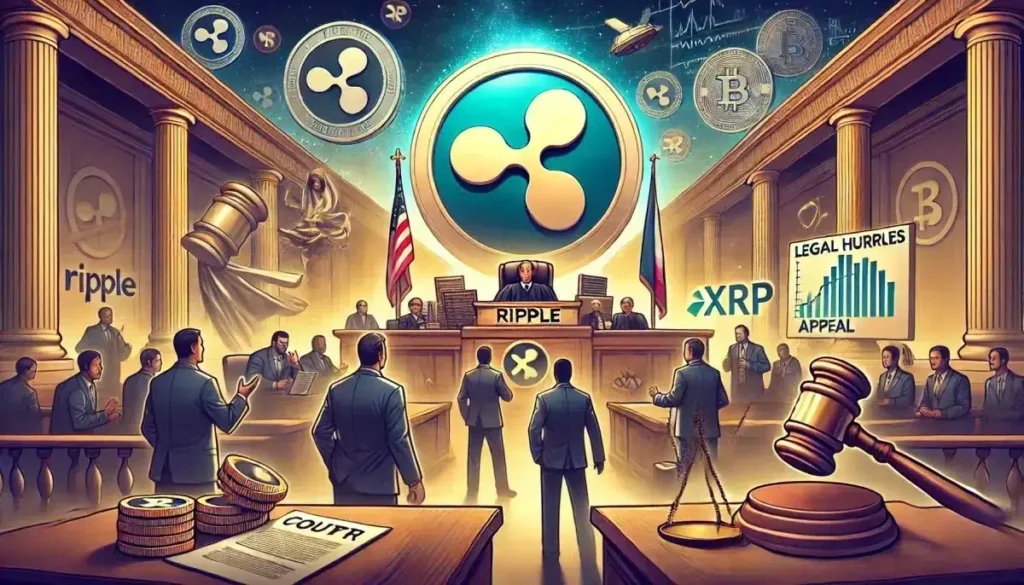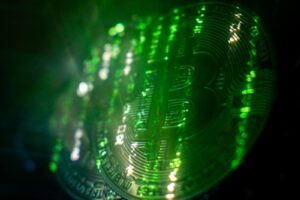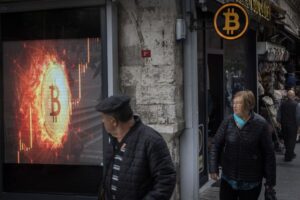Ripple CLO Discusses Congress’s Perspective on SEC and XRP

Professor Reiners highlighted the importance of Congress addressing the regulatory gap in the crypto spot market.
Ripple’s argument against XRP being considered a security aligns with Reiners’ statements on investment contracts.
Stuart Alderoty, Ripple’s Chief Legal Officer, responded to Professor Lee Reiners testifying before Congress, shedding light on the ongoing legal dispute between Ripple and the SEC. Reiners, who is known as both pro-SEC and anti-crypto, acknowledged the SEC’s recent setback in the Ripple case, emphasizing three critical factors with significant implications for both the crypto industry and Ripple’s journey.
Prof. @leereiners testified before Congress recently, and while there’s much to critique, even this pro-SEC/anti-crypto witness acknowledged the SEC’s loss in the Ripple case, as well as:
1. A regulatory gap in the crypto spot market that only Congress can close.
2. Securities…
— Stuart Alderoty (@s_alderoty) September 20, 2024
Questioning the Regulatory Gaps and Decentralization in Crypto Laws
To start, Reiners pointed out a significant regulatory gap in the crypto spot market, highlighting that neither the SEC nor the CFTC currently regulate this sector. He believes Congress should play a more active role in addressing this regulatory gap. Alderoty from Ripple agreed, stressing the necessity of legislative action to better navigate the evolving crypto landscape.
Another key point raised by Reiners was the concept of decentralization in relation to securities legislation. He criticized the notion that securities regulations should hinge on a “mystical” decentralization threshold, referencing a speech by former SEC Director William Hinman in 2018. This statement has sparked discussions within the crypto community, especially regarding the idea that certain cryptocurrencies may be exempt from securities restrictions if they achieve a certain level of decentralization.
Reiners’ perspective aligns with the broader crypto industry’s stance that decentralization should not be the sole determining factor for labeling an asset as a security.
Reiners also discussed the topic of investment contracts, drawing parallels to the Howey Test case involving orange groves. He emphasized that an investment contract’s subject, such as orange groves, is not inherently a security and requires a management contract for it to be considered a security.
This viewpoint supports Ripple’s argument that XRP should not be classified as a security since it does not meet the criteria of being an investment contract.
The Impact of SEC Changing Leadership on Crypto Regulation
One of Reiners’ notable statements was that “SEC chairs come and go,” suggesting that regulatory landscapes may experience significant shifts with changes in leadership. This observation serves as a reminder of the fluid nature of regulatory interpretations, indicating that the outcome of Ripple’s case could differ if future SEC leadership adopts a fresh perspective on cryptocurrencies.
While the crypto community awaits these developments, uncertainty looms over XRP’s future, particularly regarding whether the SEC will appeal the Ripple case verdict before the October 7, 2024 deadline. This uncertainty is currently exerting downward pressure on the XRP price, which stood at $0.5843 at the time of writing, reflecting a marginal 0.55% decline over the past 24 hours.
On the other hand, Ripple’s partner, SBI Holdings, has made significant strides in exploring the integration of token-based bank deposits with CBDCs. According to a CNF report, SBI Holdings has joined Project Agora, which aims to investigate the integration of tokenized commercial bank deposits with wholesale CBDCs on a unified ledger.
Recommended for you:
No spam, no lies, only insights. You can unsubscribe at any time.
Source link
#Ripple #CLO #Talks #Congress #Insights #SEC #XRP





